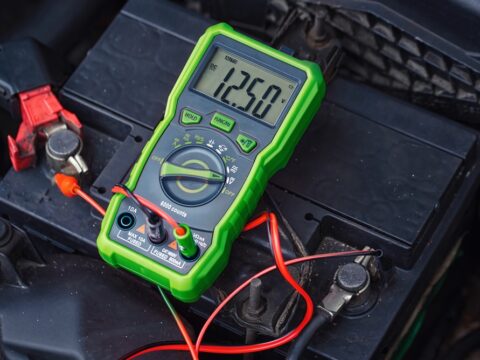When it comes to electric trucks, there’s a lot of misinformation, especially about their towing capacity. Many believe they can’t handle heavy loads or long distances, but the truth is, electric trucks are more capable than most think. In this article, we’ll clear up 15 common misconceptions and shed light on what these vehicles can really do.
Contents
Electric trucks can’t tow heavy loads.
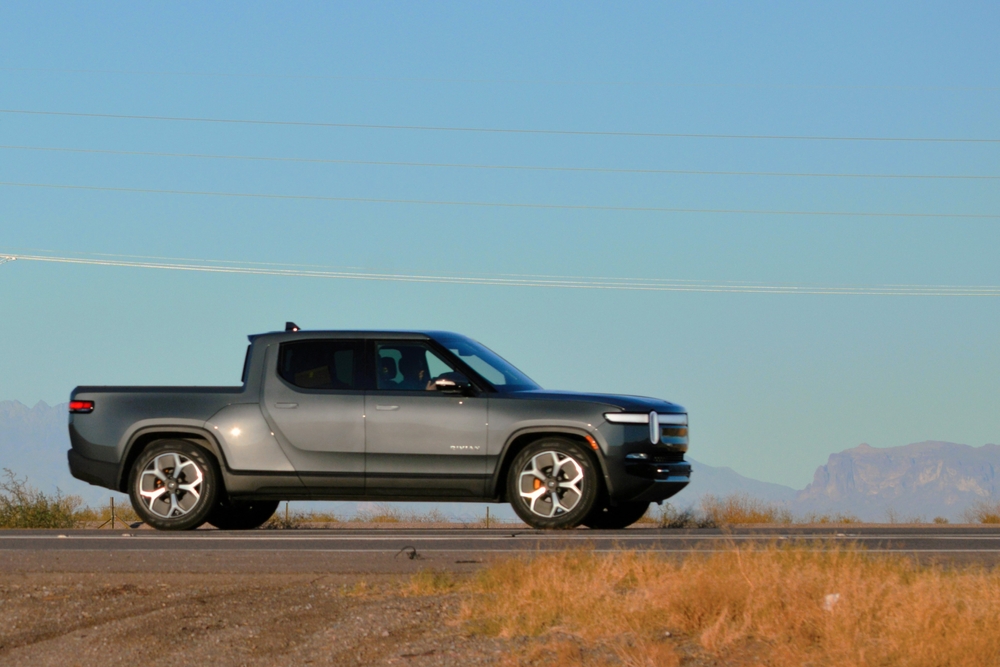
This misconception persists despite electric trucks being capable of towing substantial weight. Many electric trucks, such as the Rivian R1T or Ford F-150 Lightning, boast towing capacities comparable to traditional trucks, often exceeding 10,000 pounds. Their electric motors provide instant torque, which actually enhances their towing ability, especially when handling heavy loads.
Towing drastically reduces electric truck range.
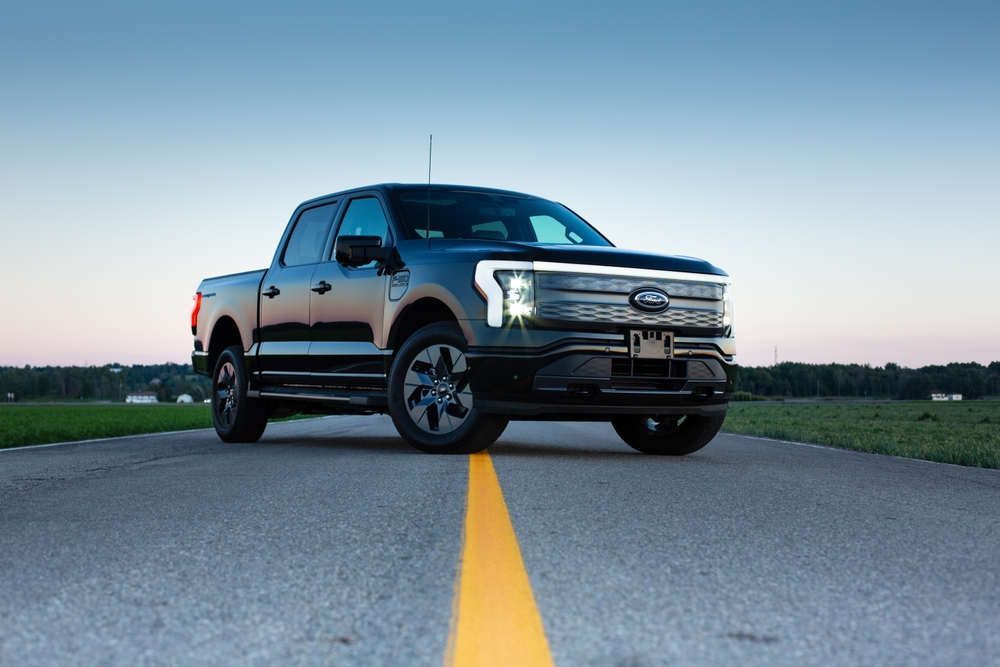
While towing can reduce an electric truck’s range, the impact isn’t as dramatic as some believe. Manufacturers are designing electric trucks with larger battery capacities and energy-efficient designs to mitigate range loss. For example, the Ford F-150 Lightning offers an extended range battery, allowing for longer towing distances before needing a recharge.
Electric trucks aren’t built for rugged, heavy-duty towing.
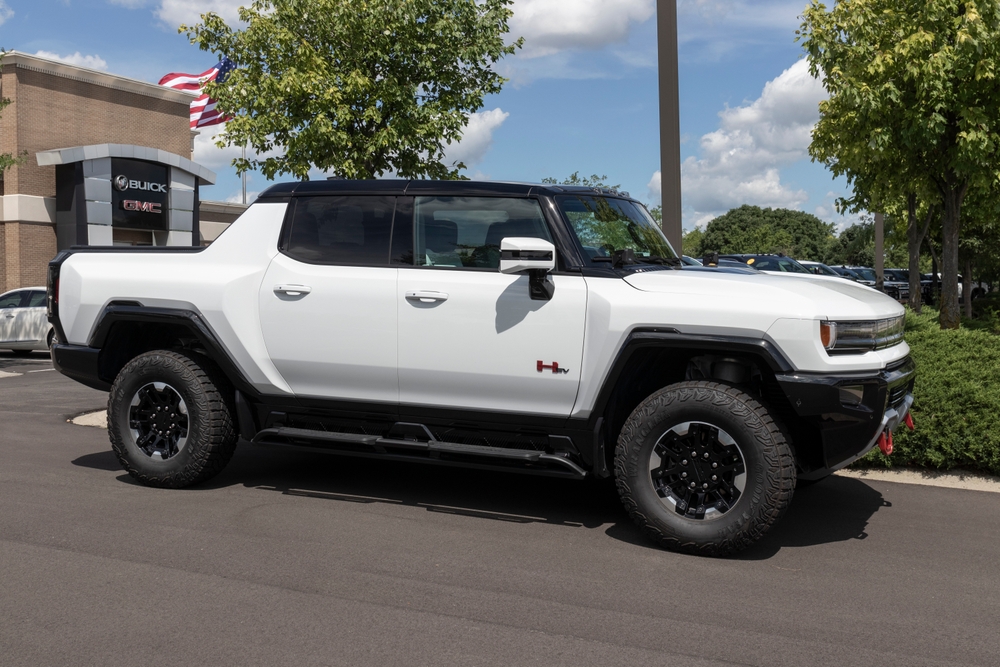
Many believe electric trucks can’t handle tough jobs, but models like the GMC Hummer EV Truck and Rivian R1T are built specifically for rugged terrain and heavy-duty towing. They feature off-road capabilities and durable construction, proving that they’re designed to tow in challenging environments.
Gas or diesel trucks are always better for towing.
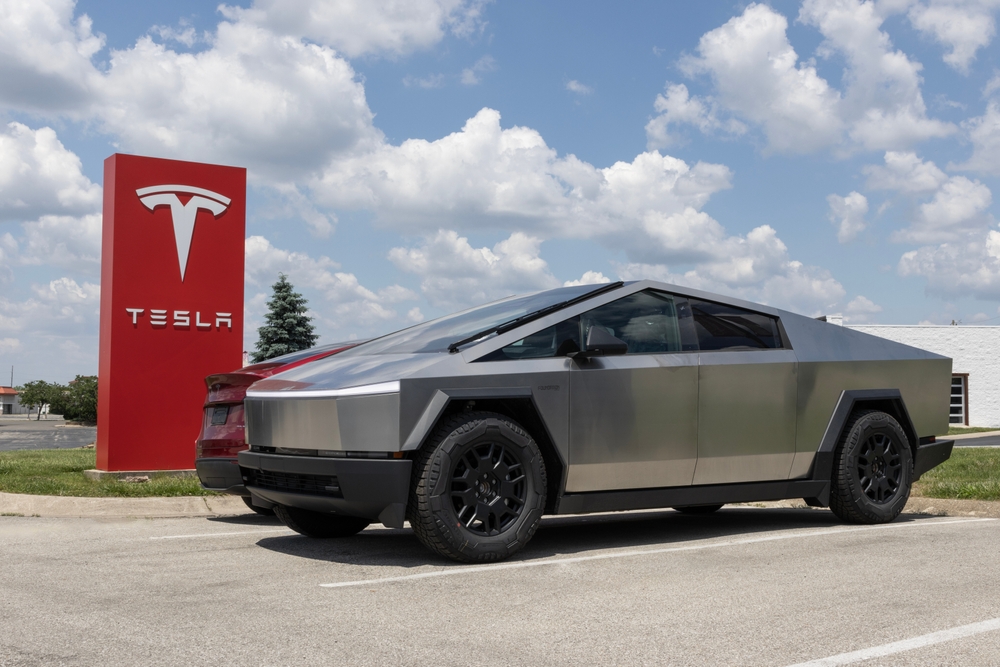
Although gas and diesel trucks have long been the standard for towing, electric trucks are quickly catching up. With advanced torque and stability features, electric trucks like the Tesla Cybertruck outperform many gas-powered counterparts in towing power and overall efficiency, challenging this long-held belief.
Electric trucks can’t handle steep inclines while towing.

Electric trucks are often perceived as incapable of managing steep grades while towing, but their electric motors generate torque instantly, making it easier to handle inclines. Vehicles like the Rivian R1T feature adjustable ride heights and powerful torque that excel on steep roads, even when towing heavy trailers.
Electric trucks overheat when towing for long distances.
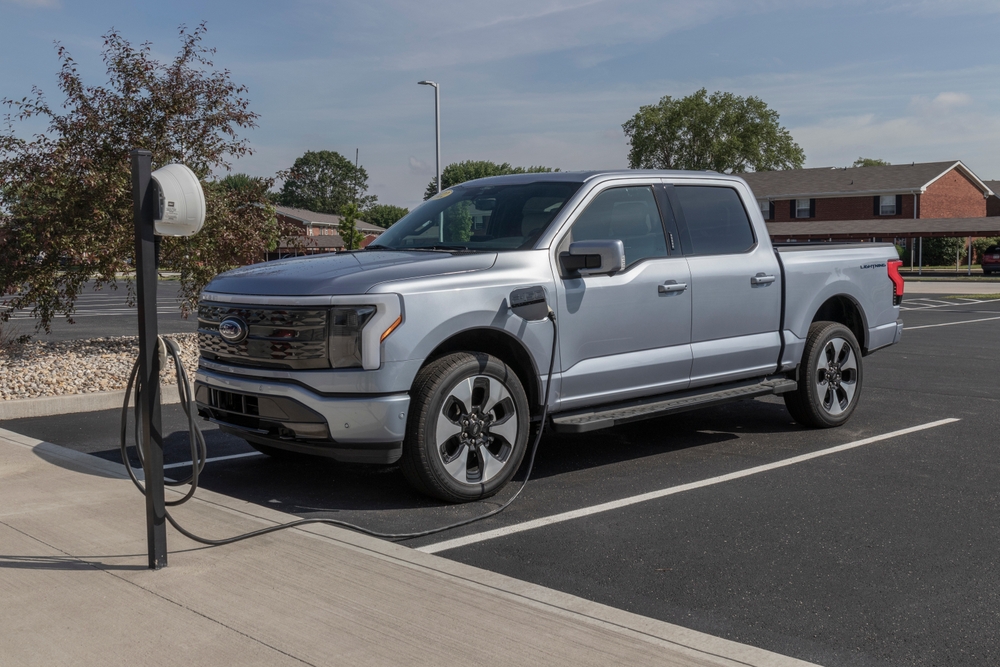
Modern electric trucks are engineered with advanced cooling systems to prevent overheating, even during long towing trips. For instance, the Ford F-150 Lightning is equipped with thermal management systems that regulate battery and motor temperatures, ensuring it can tow over extended distances without overheating.
You can’t tow anything with an electric truck for more than a few miles.

It’s a common misconception that electric trucks can only tow for short distances, but many models have ranges exceeding 200 miles, even with trailers attached. For example, the Ford F-150 Lightning offers up to 300 miles of range, making it capable of long-haul towing.
Electric trucks lose all power when towing uphill.
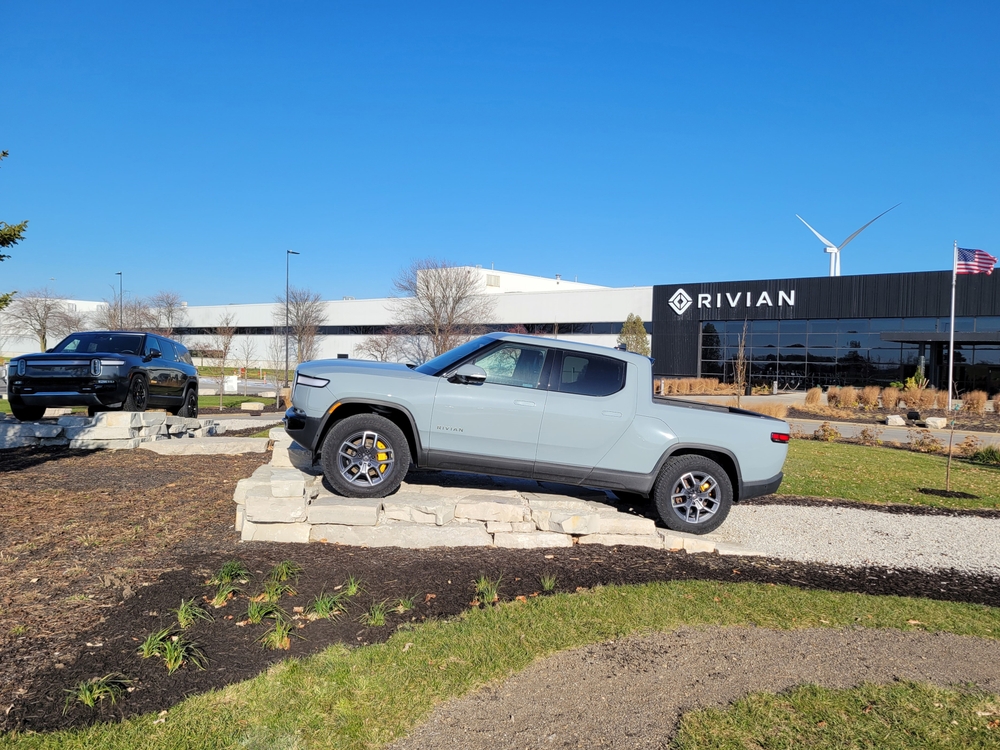
Due to their ability to provide immediate torque, electric trucks can maintain power even on steep inclines. Unlike internal combustion engines, which require time to build up torque, electric motors can apply maximum power from a standstill, making uphill towing smooth and efficient.
Electric trucks take too long to recharge while towing.
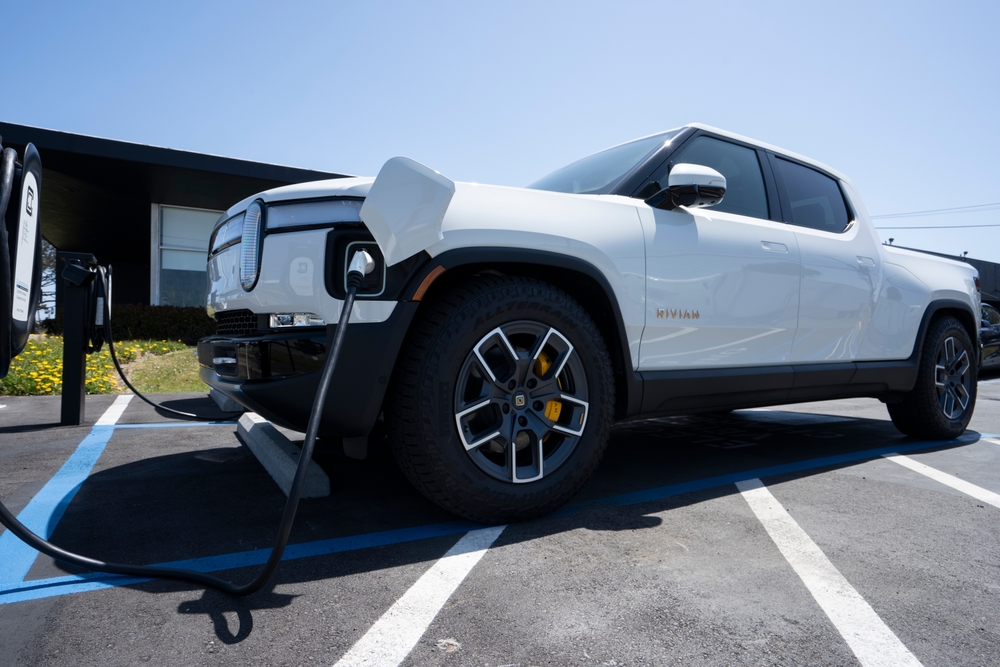
Charging times for electric trucks are continuously improving, with many models now supporting fast-charging capabilities. Trucks like the Tesla Cybertruck and Ford F-150 Lightning can recharge to significant levels in under 45 minutes at fast-charging stations, meaning that even on towing trips, downtime is minimal.
Towing trailers damages electric truck batteries.
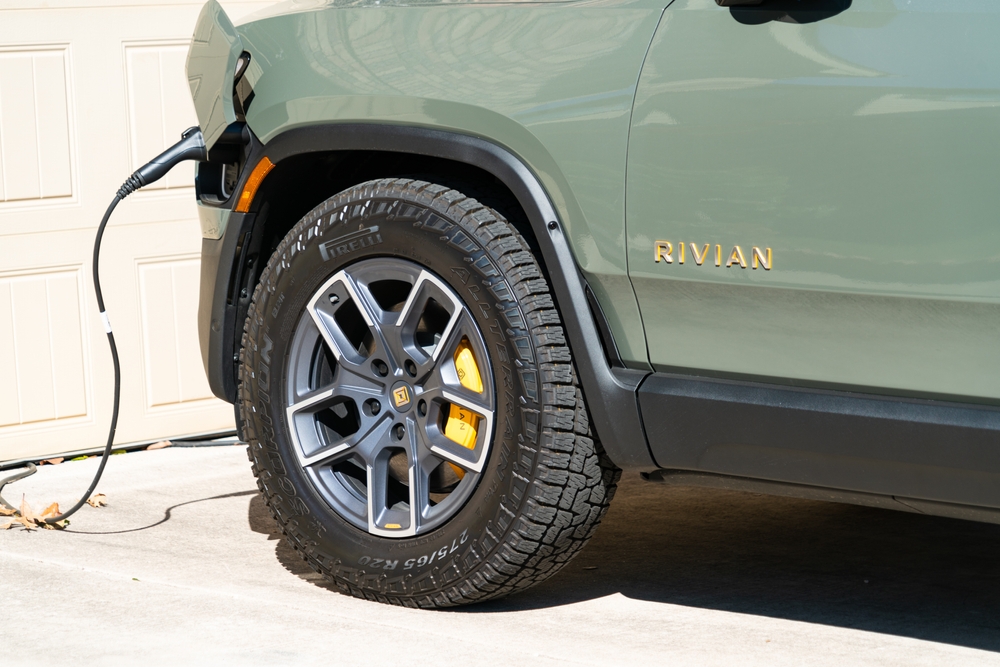
While towing can place additional demand on the battery, electric trucks are designed to handle such loads without causing damage. Advanced battery management systems in trucks like the Rivian R1T help ensure that the battery is protected and long-lasting, even under towing stress.
You can’t tow in extreme weather conditions with an electric truck.
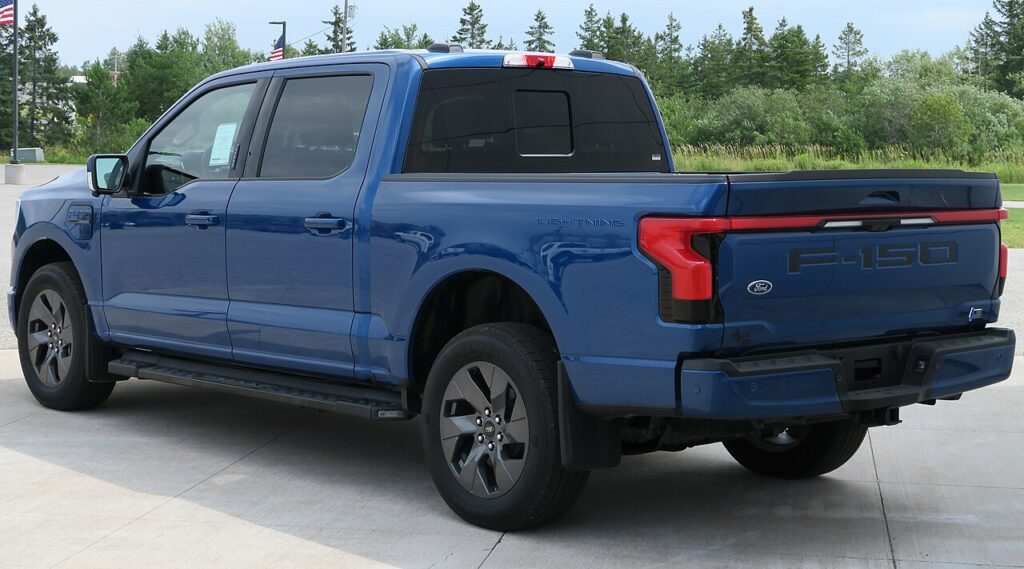
Electric trucks are designed to function in a variety of weather conditions, from extreme heat to freezing temperatures. The Ford F-150 Lightning, for instance, has undergone rigorous testing in various climates to ensure it can tow safely in both hot and cold weather without compromising performance.
Electric trucks can’t manage high-speed towing.

Contrary to this belief, many electric trucks are fully capable of maintaining highway speeds while towing. Models like the Tesla Cybertruck are engineered for high-speed towing, offering superior control and stability at speeds similar to or better than traditional gas trucks.
Electric trucks can’t tow as much as their traditional counterparts.
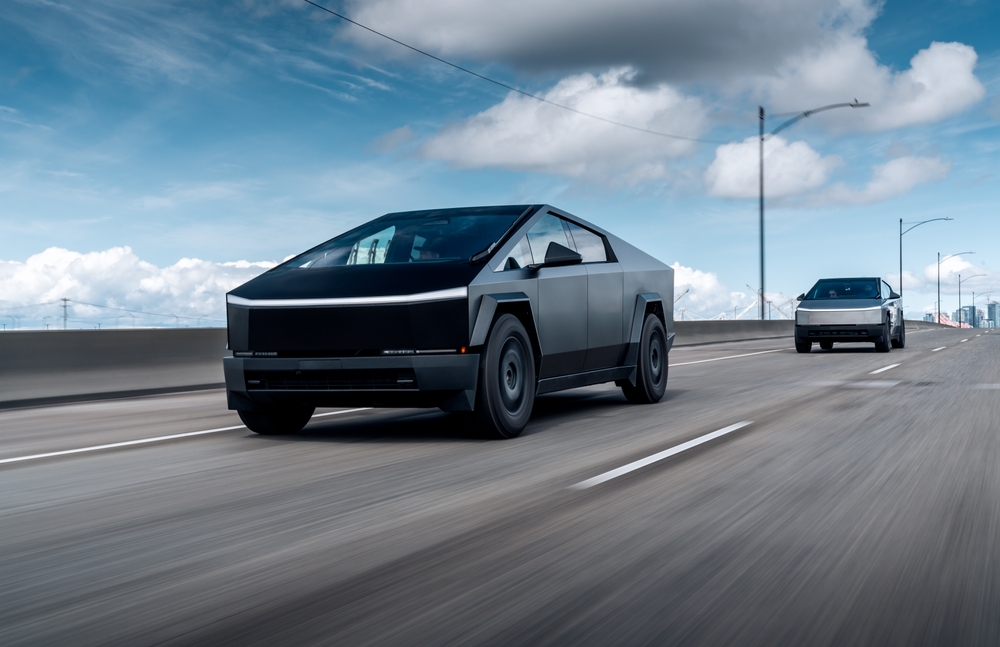
Electric trucks like the Rivian R1T and Tesla Cybertruck are proving this wrong, with towing capacities exceeding 10,000 pounds. Electric trucks often outperform gas or diesel trucks in terms of torque, making them equally capable, if not better, for towing heavy loads.
Towing with an electric truck isn’t safe on highways.
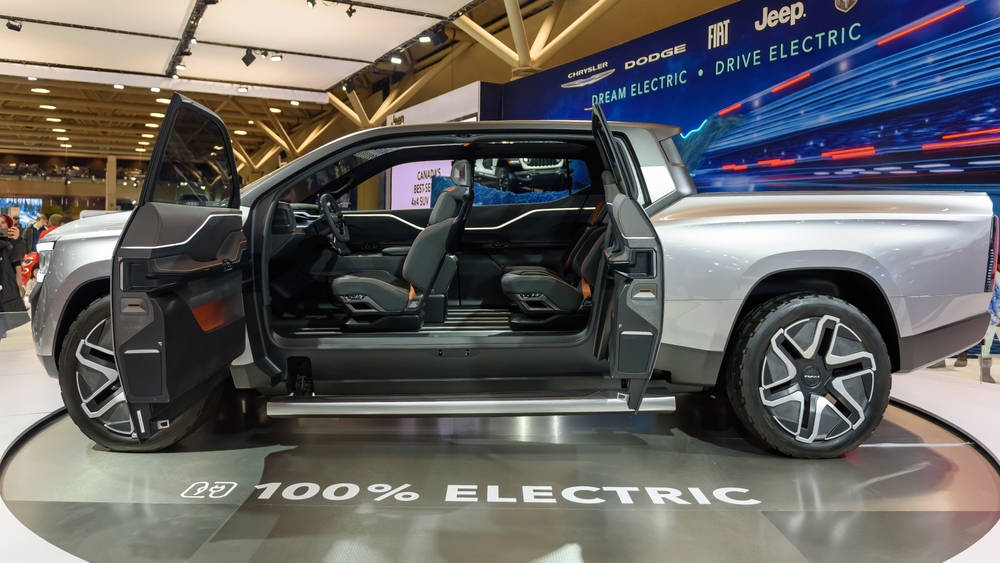
Electric trucks are equipped with advanced safety features like regenerative braking, stability control, and enhanced traction, making them as safe, if not safer, than traditional trucks for towing on highways. Many electric models are built with trailer sway control and advanced driver-assist systems to improve safety.
You can’t use electric trucks for long-haul towing trips.
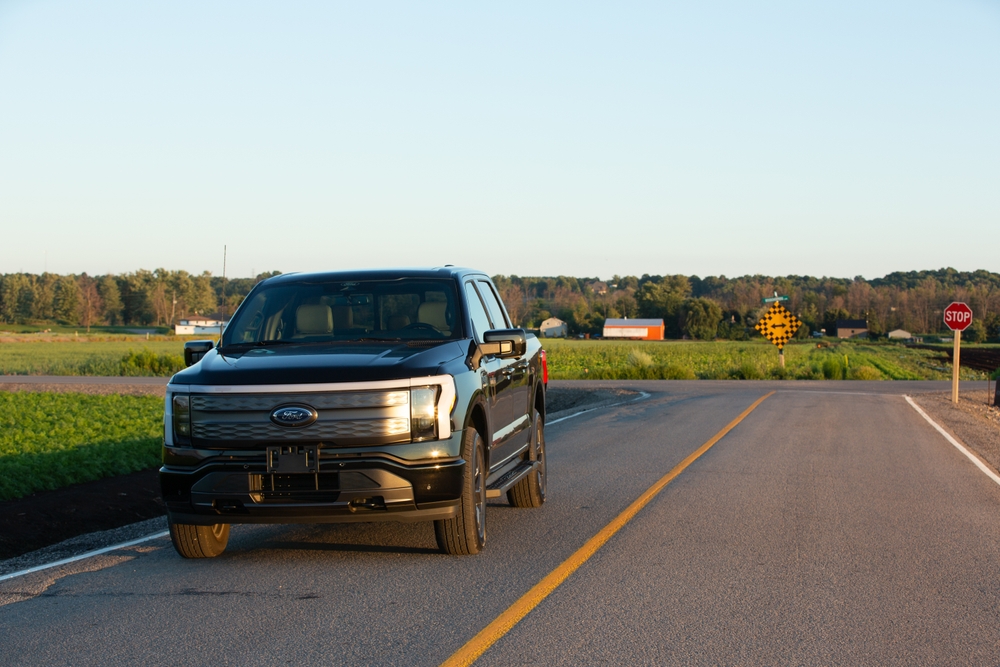
Although range anxiety is a concern, many electric trucks are now designed to handle long distances with advanced battery capacities and fast-charging stations en route. Trucks like the Ford F-150 Lightning can travel over 200 miles while towing, making them suitable for long-haul trips when planned with charging stops in mind.
This article originally appeared in MyCarMakesNoise.
More from MyCarMakesNoise
15 Budget-Friendly Camper Van Mods You Can Afford

Transforming your camper van into a cozy, functional home on wheels doesn’t have to cost a fortune. With a few affordable modifications, you can significantly enhance your comfort and convenience on the road. Discover budget-friendly camper van mods that will upgrade your travel experience without breaking the bank. Read More
10 Used Honda Models to Avoid Buying

When shopping for a used car, reliability is key. While Honda is known for producing dependable vehicles, some models have proven to be less reliable over time. In this guide, we’ll highlight the used Honda models you should steer clear of at all costs, detailing the issues that have plagued these particular vehicles. Read More
17 Once-Valuable Luxury Sedans That Have Devalued

In the ever-changing world of luxury cars, some sedans that were once the pinnacle of elegance and innovation have seen their values drop significantly over the years. While they may have once commanded a hefty price tag, various factors like reliability issues, market shifts, and advancing technology have caused these once-coveted models to depreciate. Read More

